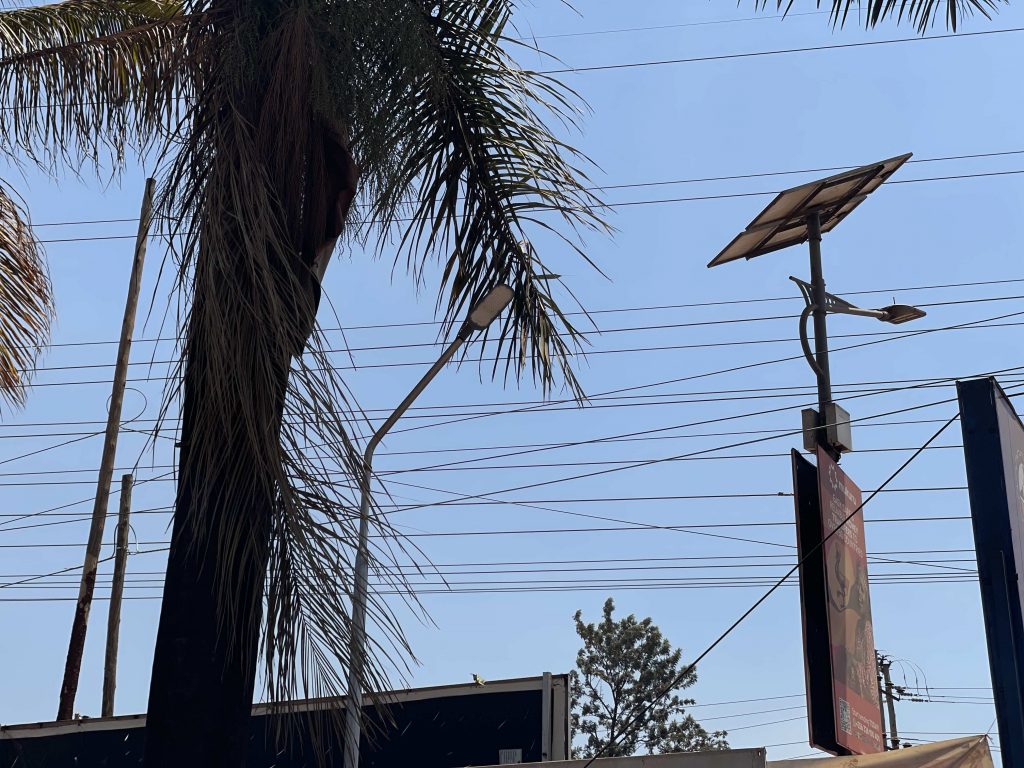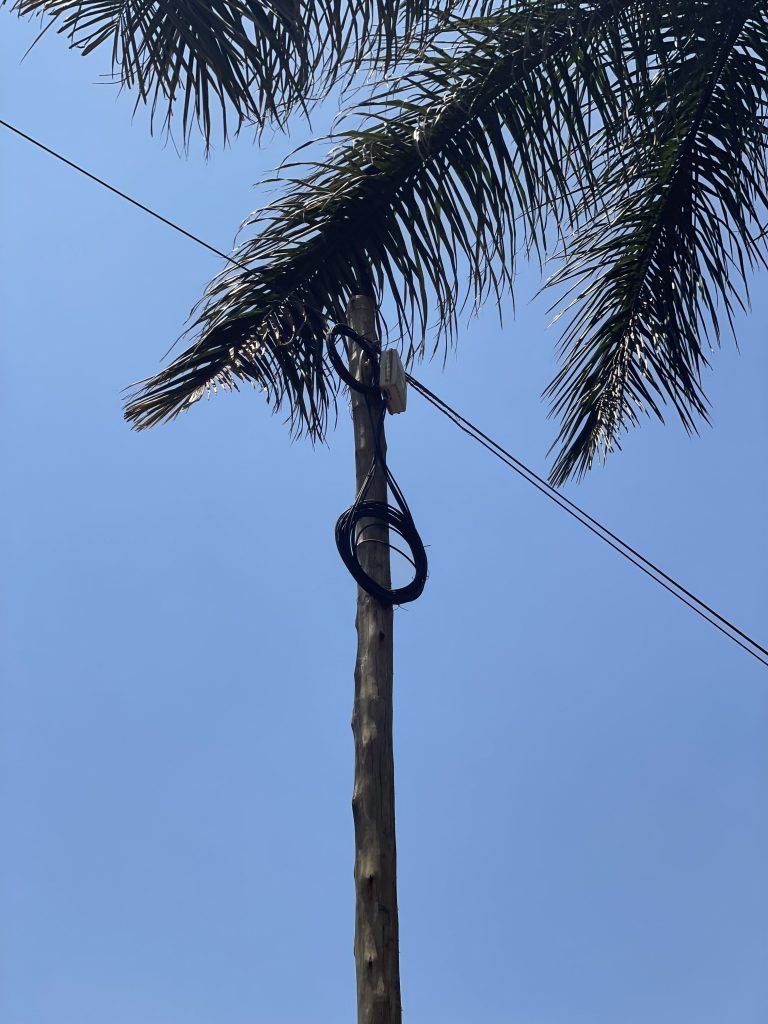MultiChoice’s DSTV and The Digital Revolution: How Internet Streaming is Reshaping Uganda’s TV Landscape

In a striking development that highlights the evolving media consumption landscape in Uganda, MultiChoice’s DSTV has found itself at the center of a growing controversy. A recent complaint filed by the company to the Uganda Communications Commission (UCC) reveals the significant challenges traditional satellite TV providers face in the age of internet streaming.
The Official Complaint
On February 13, 2025, UCC issued a letter acknowledging MultiChoice Uganda’s complaint regarding “illegal importation, sale and installation of internet streaming devices.” According to the letter, MultiChoice alleges that numerous entities in Uganda are importing and selling decoders that illegally broadcast SuperSport and BeIn channelsamong others, infringing on MultiChoice’s exclusive broadcasting rights.
UCC’s acknowledges that MultiChoice holds exclusive rights to broadcast SuperSport channels on DSTV decoders in Uganda. It also identified numerous brands of illegal streaming devices in the market, including Starsat SR-4060HD, Starsat SR-2090HD Extreme, Mediastar MS-M1N1, and several others that are reportedly imported from Dubai but manufactured in China.
The same heat that melts the butter, boils the egg!
In the world of technology and regulation, this is especially true. Let’s break it down with a few key insights and facts:
- The same UCC that regulates Multichoice, also licenses and regulates internet service providers (ISPs). This dual role highlights how regulatory frameworks must adapt to both old and new technologies. While Multichoice thrives on satellite TV, the rise of internet-based streaming services is reshaping the landscape. Although ISPs have no case here in, they however thrive on the streaming of the users of these devices.
- The case of Netflix vs Blockbuster: Streaming killed off digital movie CDs. Remember Blockbuster? The rise of Netflix completely disrupted the video rental industry, rendering physical DVDs and CDs nearly obsolete. This is a classic example of how innovation can render traditional business models irrelevant. The same internet that enables streaming services is also transforming how we consume media, communicate, and even work.
- Many service providers; what it means: We list a few ie Savanna Fiber, Liquid Telecom, Roke Telkom, Simba Fiber, MTN Wakanet, Airtel Fibre Internet, FaibaNet, Zulu, Canal Box, Sprint, etc.
Is this internet revolution primarily for work, or is it also about transforming entertainment, communication, and lifestyle? The answer is both. Just as streaming services like Netflix replaced Blockbuster, fiber-optic internet is replacing slower, less reliable connections, enabling a new era of digital transformation.



The Public Reaction
Social media response to this complaint has been overwhelmingly critical of DSTV. Ugandan users on X have expressed frustration with what they perceive as exorbitant subscription fees compared to neighboring countries. A one, Samson Kasumba, pointed out that “A Nigerian pays about 91000/= for DSTV premium. A Ugandan pays about 275,000/- for the same service,” questioning why Ugandans pay nearly three times as much.
Other users celebrated the availability of alternative streaming options. One user wrote, “this shows that the devices are authentic and working properly is all I see in this letter,” while another commented, “We will always find a way to beat the exorbitant DSTV prices. Multi choice just wakes up and hikes prices with zero explanation.”
Economics of Digital Disruption
The situation in Uganda reflects a global trend where traditional broadcasting models are being challenged by internet-based alternatives. The appeal of these streaming devices is clear: significantly lower costs and greater flexibility. As one user highlighted, there are decoders “that shows all football matches at 25k a month,” a fraction of DSTV’s premium package price.
Some users pointed to broader economic factors. An X user with the handle “Justice Hunter (@hillarytaylorvi)” explained, “the business environment of Uganda is horrible: higher tariffs, no competition to lower the cost and our population is too small compared to Nigeria, africa’s largest economy,” suggesting that these factors contribute to the price disparities across African markets.
The Technological Shift
What we’re witnessing in Uganda is not merely a pricing dispute but a fundamental technological transition. Traditional satellite TV services are structured around fixed packages and scheduled programming, while internet streaming offers on-demand content, often at lower price points with more flexible terms.
The popularity of public viewing spaces, as mentioned by one user who visited “some video hall in Arua” with six screens showing different sports content, demonstrates how these alternative services are creating new social consumption patterns as well.
The Way Forward
For companies like MultiChoice, this situation presents an existential challenge. The regulatory approach, as evidenced by the UCC complaint, may provide temporary relief but fails to address the underlying market forces at play.
To remain competitive, traditional providers must consider:
- Pricing Restructuring: Addressing the significant regional price disparities that fuel consumer frustration
- Flexible Packages: Offering more customizable content options rather than forcing consumers into expensive all-in-one packages
- Digital Integration: Developing robust streaming platforms that leverage existing content rights while meeting modern consumption preferences
- Local Partnerships: Collaborating with telecommunications providers to offer bundled services at competitive rates
In a nutshell
The conflict between DSTV and illegal streaming services in Uganda exemplifies the broader disruption happening across media landscapes worldwide. While regulatory bodies may attempt to protect established business models, the digital revolution is ultimately driven by consumer demand for affordable, flexible content access.
As one Ugandan social media user succinctly put it, “We are in the Information Age not Industrial age.” For traditional media companies, the message is clear: adapt to changing technological realities and consumer expectations, or risk becoming obsolete as viewers continue finding alternative ways to access the content they want at prices they can afford.The battle between satellite TV providers and internet streaming in Uganda is not merely about illegal devices—it’s about an industry at a crossroads, facing the inevitable march of digital transfo

